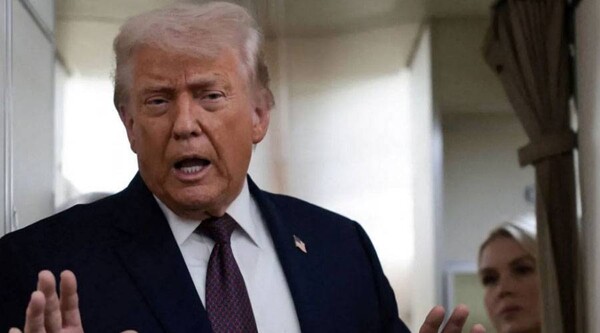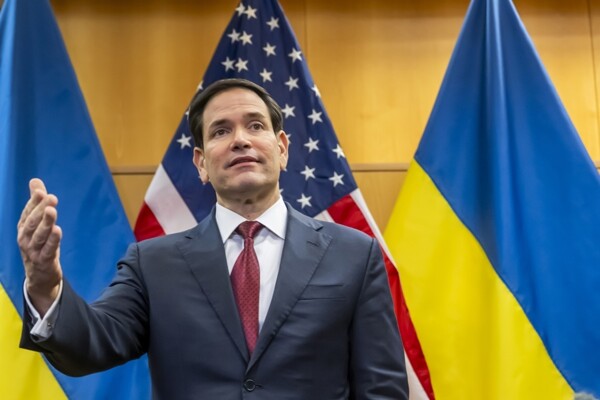
In countries with constitutional courts, there is the possibility of challenging excessive or ambiguous laws for their unconstitutionality. David B. Wilkins, Academic Director of the Center on the Legal Profession, and Scott L. Cummings, professor of legal ethics at the UCLA School of Law, point to the troubling anti-democratic trend that is emerging in the United States and other parts of the world.
Over the last two decades, several countries have experienced processes of autocratization, where leaders like Viktor Orbán in Hungary have managed to concentrate power under the guise of legality and legitimacy. This phenomenon tests established democratic institutions and norms, raising doubts about the future of modern liberal democracies.
Amid this scenario, the question arises about the role of lawyers, professional associations, and academia in the defense of democracy and the rule of law. Why do they not manifest more forcefully? Is it not a fundamental duty of lawyers to fight for the preservation of these core values?
In participatory democracies, three groups of lawyers are identified: those who actively resist measures that threaten democratic institutions, lawyers who facilitate or support authoritarian initiatives, and lawyers who choose not to engage, especially those practicing in private sectors like corporate law.
The Harvard Law School’s Legal Studies Center has published a comparative study addressing this topic, analyzing the role of lawyers in defending democracy versus authoritarianism. Experts like Robert L. Nelson and Laura B. Nielsen from Northwestern University reflect on the identity of corporate lawyers and how this influences their actions in the face of democratic challenges.
The strength of democratic institutions and the rule of law is a common interest that transcends professions. Lawyers, beyond their technical work, have the responsibility to contribute to the protection of democratic institutions through their professional practice and their commitment to public consciousness. It is imperative to remember the motivations that led so many lawyers to choose this vocation and to work towards preserving the fundamental pillars of democracy.














